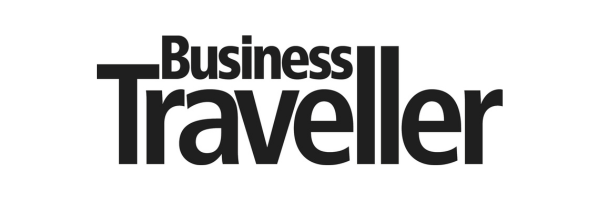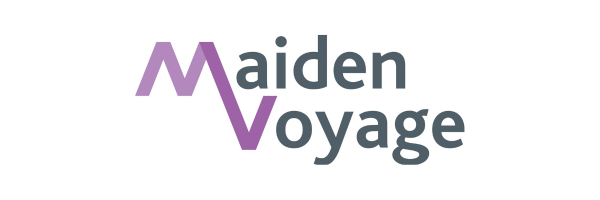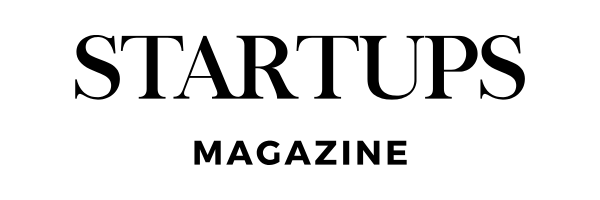What is Duty of Care?
)
As the risks to employees evolve, so too will the Duty of Care responsibilities of employers. As pandemics, global security incidents and economic pressures rise, risk prevention measures need to remain coherent.
Duty of Care by definition
First referenced in the landmark case of Donoghue v Stevenson in 1932, Duty of Care has historically been connected to legal negligence. Over the past century however, the context of the term has drastically broadened, impacting organisations of all sizes.
By definition, Duty of Care is a legal obligation imposed on an organisation, requiring adherence to a standard of reasonable care while preventing any acts that could foreseeably harm others.
Much more than providing necessary employee benefits and insurance, Duty of Care in the context of the modern workplace encompasses the protection of an employee’s health, safety, security and wellbeing. Whether on a remote site, at the office, on business travel, on an international assignment or working from home, the Duty of Care obligations remain and the absence of reasonable measures to prevent incidents may undermine an employee’s health and security and compromise the organisation’s performance.
The impact of overlooking your Duty of Care responsibilities
Legal ramifications have historically accounted for the primary concern of overlooking Duty of Care responsibilities. In a broader sense, the lack of demonstration to protect employees has also resulted in reputational damage, loss of productivity, increased employee turnover as well as overall cost.
As negligent cases take over the headlines of global news networks, the awareness of Duty of Care has been made apparent on a global scale. The COVID-19 pandemic played an important part in this heightened awareness, especially from the viewpoint of employees. Growing concerns and expectations from employees have been brought to the fore, requesting more from their employers when it comes to proactively protecting their health, safety, security and wellbeing. Organisations seen to not open dialogue to their employees’ needs have also faced public repercussions.
Responsibilities of an employer
As an organisation that employs a workforce operating in varying environments, demonstrating your Duty of Care responsibilities should be at the core of your corporate policies.
Although the legal specifications may vary based on location, size and industry, our experts have outlined the critical responsibilities employers need to consider in 2023:
- Taking ownership of the concept of Duty of Care: A solid understanding of the theory around Duty of Care is essential. Nevertheless, for an effective and viable implementation within one’s organisation, the latter must take ownership of the concept of Duty of Care. To do so, they must consider their organisation’s specificities for a bespoke application. These will help determine the scope of Duty of Care.
- Know the typology of your organisation (SME, MNC, NGO, etc.) - know your human, tangible, and intangible assets, your footprint around the world, current and future developments/expansion projects, the types of risks the organisation is exposed to/may be exposed to.
- Understand your corporate culture: the resulting policies must be in harmony with the corporate culture, which is defined by attitudes, values and practices. This will ease adhesion by both staff and senior management, creating a virtuous cycle for acceptance, and implementation.
- Determine the demographics covered: While it may be obvious for many to cover all employees, question whether interns, contractors, digital nomads are fully covered and integrated in your policies.
- Map and navigate the various internal stakeholders that will inevitably engage with Duty of Care considerations (employees, direct managers, security managers, HR, international mobility, legal, purchasing, risk manager, insurance, etc.).
- Have the support of your top management: Top management must be convinced by the importance and the benefits of having a robust Duty of Care policy in place. To gain their support, they must understand what the risks are of not having a policy in place, what other organisations in the same industry are doing and how success will be measured.
- Understanding your employees’ risks: A workforce, regardless of size, is likely to be diverse. That diversity can create varying risk profiles which as an employer, you should be aware of. Through open communication methods, transparency and trust, your employees should understand the intent, and benefit of sharing their individualistic demographics from health risks to pre-existing conditions or sexual orientation and feel safe to do so. In addition, the risk profiles of your employees will drastically change based on the location they work in or travel to, and need to be mitigated accordingly.
- Proactive education and training: Once you have a broad understanding of your employees’ risk profiles, offering the respective education and training is key to empowering effective decision making. Whether through email, webinars, digital training, workshops, bulletins or events, your employees should have multiple touch points to understand how to best mitigate risks and where to find the necessary information. They should also be aware of the organisation’s policies and how to raise questions and concerns.
- Duty of Care in crisis: Although Duty of Care responsibilities should exist on a day-to-day basis, they become all the more critical in times of crisis. When time is of the essence, the immediate objective is to know if your people are in the impacted location and if they are safe. The importance of tracking and communicating with your employees plays a key role in a crisis management response.
- Review, revise and re-assess: As Duty of Care obligations are spread across departments, the revision of corporate policies and procedures should take place on a predefined and regular basis and in collaboration with internal and, where relevant, external stakeholders. There should be fluidity in your Duty of Care framework as your workforce, operations and global environment of operations change.
The future of Duty of Care
As the risks to employees evolve, so too will the Duty of Care responsibilities of employers. As pandemics, global security incidents and economic pressures rise, risk prevention measures need to remain coherent.
Although the frequency and volatility of these incidents may continue to rise, the foundational Duty of Care responsibilities still apply. The demonstration by an organisation to protect their people from harm, both physical and psychological, will maintain precedence.
A rise in employee expectations will likely persist as flexible working patterns, remote working and extended benefits become the new norm. After the times of the great resignation, the needs of employees are being more widely heard and feedback mechanisms put in place.
Best practices and recommendations
- Carry out a regular risk assessment, especially if opening new operations in a location or sending employees abroad.
- Communicate regularly and often with your employees to instil confidence and peace of mind.
- Engage with an assistance provider to enable your organisation to protect the health, safety, security and wellbeing of your people on a 24/7 basis. With a global footprint, and on-the-ground expertise, they can advise and support your employees, regardless of location.
- Invest in digital tools to leverage tracking, monitoring and information. Utilising an app for your employees to access the latest health and security information, sends the most relevant location-based alerts and identifies and communicates with vulnerable employees in times of crisis.



)
)
)
)
)
)
)
)
)
)
)
)
)
)
)
)
)
)
)
)
)











